If you click on a link and make a purchase we may receive a small commission. Read our editorial policy.
Marvel Matters: The MCU has grown from movies to TV series & cartoons - but MCU comics? It's tougher than you think
The idea of MCU comics is as old as the MCU itself, but despite owning a comics company Marvel Studios hasn't been able to make it work (although they've tried).

Popverse's top stories
- Frank Miller redefined Batman and Daredevil - and now he wants to do the same to you
- Chainsaw Man season 2 is where the show finally gets really weird [Popverse Jump]
- Bridgerton Seasons 1–3 recap: Everything to know before Season 4’s release
The MCU was born out of comics. But then again, so are all adaptations of comic books into movies, tv series, of what have you. But in the 17 years it's been around, it's also tried something never attempted before on this scale- to have the stories of the MCU flow back into the comics. While series like Chuck and Fringe had tie-in comics that were obliquely canon to the show, the MCU comics were marketed as true sequels, prequels, and side stories to the MCU movies but in comics form, and these MCU comics were intended to matter to future MCU movies and TV series as much as the MCU movies and TV series themselves.
Great idea, right? But the devil is in the details, and I'm not talking about the ever-present expectation Mephisto will show up in the next MCU project. Just as the idea of having every single movie, TV episode and special all agree in terms of storylines, continuity, and actors is unprecedented, having that also work across the bounds of medium into comics is even more challenging - and even more dispensable, if it gets too difficult. But I'm getting ahead of myself.
Let's make it easy - here's the 3 'C's of MCU Comics - the Comics, the Continuity, and the Creativity.
Putting the 'C'omics in the MCU

Marvel Studios and the MCU were the first time that a major comic company bet on itself and created its own movies. DC only did it when their parent company Warner Bros. got involved, and as amazing as Robert Kirkman's The Walking Dead is - he wouldn't have risked a TV show without AMC footing the bill. But when Marvel essentially put out a second mortgage on the House of Ideas to fund the wild experiment that was the MCU, it went all in on making it a success - even leveraging the pillar of it all, Marvel Comics, to create comics that are more than mere tie-ins or adaptations (as they'd done in the past), but were the next thing in these characters you meet in 2008's Iron Man.
In 2008, Marvel launched three comic books marketed as official prequels to the story of the movie, centered on Iron Man, Nick Fury, and the Incredible Hulk as the digital comics Iron Man: Fast Friends, The Incredible Hulk: The Fury Files, and Nick Fury: Spies Like Us. At the time, Marvel Comics was intricately involved in the MCU, with many of its leaders on an ad-hoc committee that had a direct line to Kevin Feige in all things Marvel Studios.
"The MCU [comics] are going to be stories set within movie continuity," said Marvel Comics' then EiC Joe Quesada, who was also part of the MCU Creative Committee, in 2008. "[They are] not necessarily direct adaptations of the movies, but maybe something that happened off screen and was mentioned in the movie...[Marvel Studios chief] Kevin Feige is involved with these and in some cases maybe the writers of the movies would be involved [as well.]"
And Marvel did recruit some of its movie writers into the MCU Comics - Christopher Yost (Thor: The Dark World) and Eric Pearson (Marvel One-Shots) wrote a MCU comics prequel to the Avengers movie. Quesada even convinced Iron Man director Jon Favreau to write a Marvel comic called Iron Man: Viva Las Vegas that according to Favreau was in continuity with the Iron Man movie - and even introduced Elsa Bloodstone and Fin Fang Foom. But Favreau never finished that series - despite the spectacular art by Adi Granov - and here's where things get off-track.
More 'C'ontinuity, more problems - especially in the MCU
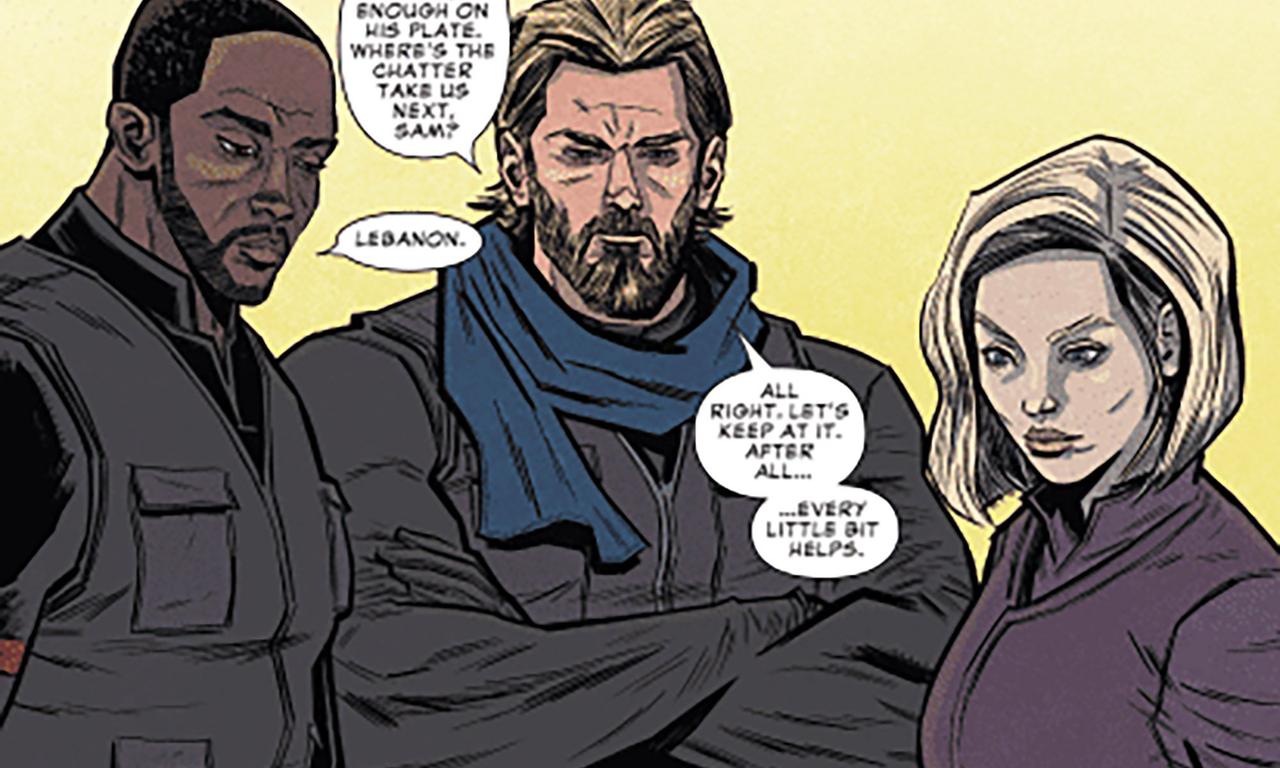
These official MCU comics continued - springing up around the release dates of most every MCU movie, but it also began fraying at the edges just three years into the plan. 2011's Captain America: The First Avenger debuted some characters that had already 'debuted' in the MCU comics, retconning those elements and making the MCU comics less-than - much in the same way the ABC Agents of S.H.I.E.L.D. series became over time. But Marvel Comics wasn't deterred - both Marvel Comics and Kevin Feige's Marvel Studios had the same boss in Ike Perlmutter, with Feige not being drawn out to work directly for Disney until years after its acquisition of Marvel.
The plans for official MCU Comics became such a thing that in the early '10s, there was a pitch floating inside Marvel Comics' offices to do an ongoing comic book series set in the MCU - but after making it up to the executive suite, it was determined it wasn't feasible.
"I sort of feel like Marvel wants to keep all the possibilities for the Marvel Cinematic Universe contained for potential movie and television development, and wants to give comics creators all the freedom to do what we do in the comics universe," Marvel Comics writer Fred Van Lente told me in 2013.
But its during this time that Marvel Comics' definitely shifted its internal perspective on what MCU comics could be. In 2013, Marvel's main MCU comics were called 'preludes' and released during the lead-up of the movie they are a prelude of. Those stories were primarily written by an inside man - Marvel Studios' creative director of research and development Will Corona Pilgrim, whose day job was to help the continuity between the movies, the TV shows, and now the comics all make sense - as much as possible at least.
This MCU comics unfraying continued however, when in 2017 in the build up to Guardians of the Galaxy Vol. 2, it's writer/director James Gunn publicly said none of the MCU comics were canon to the movies and TV series anymore - although he soon backtracked to say it only applied to his Guardians of the Galaxy movies. And in many ways, it was for logical reasons - some of the MCU comics explored characters' backstories that in many ways pigeon-holed the characters for future development - in Gunn's example, it was the backstory involving Thanos, Nebula, and Gamora.
Putting the 'C'reativity into MCU Comics

Since 2016, these MCU preludes have been the primary stock-and-trade of MCU Comics with 20 of them to date. But things appear to be changing.
In late 2024, Marvel COmics produced a 4-issue TVA series jointly announced by themselves and Marvel Studios' Kevin Feige, with it implicitly stating this is the TVA from best known from Disney+'s Loki series but overlapping between the MCU and the Marvel Comics universe. One of the key points was about how the Miss Minutes in the TVA comics wasn't just a comics version of the MCU character but was the MCU character, leading a charge to regulate the Marvel Comics timeline the same way the TVA did for the various MCU timelines as seen in Loki and Deadpool & Wolverine.
The second bit to this is the upcoming The Fantastic Four: First Steps tie-in comic by Matt Fraction and Mark Buckingham. It's a retelling of the team's origin, but the meta-ness of it all is that its the FF's Future Foundation officially endorsed version - as in this is the comic the FF put out in their timeline to market themselves, and we here in the real world are getting it thanks to some multiverse chicanery (I blame/thank Matt Fraction!).
While this avenue for doing MCU Comics doesn't fit everywhere, this idea of creating MCU Comics that fit into the ethos and pathos if the MCU seems like an ideal avenue for more. Just imagine, a Thunderbolts* New Avengers comics telling their origin story from the point of view of Julia Louis Dreyfus' Valentina Allegra de Fontaine. Or a Hollywood tell-all from Simon Williams a.k.a. Wonder Man ahead of his TV series starring Yahya Abdul-Mateen II. Or perhaps publishing the comics of Captain America, who in comics had a dayjob as Steve Rogers, comic artist. Maybe that's what Chris Evans' Steve Rogers does as he lives a normal life with Peggy Carter after Endgame.
Just as it took 22 years for the first Marvel movie (1986's Howard the Duck) to segue into the first interconnected MCU (with 2008's Iron Man), getting a movie universe to share continuity, without stepping on each other's toes, with comics is a work in progress. But aren't we all?
Consider this a meta post-credits scene for Marvel fans - the four key articles you need to read next to continue the thrills:
Follow Popverse for upcoming event coverage and news
Find out how we conduct our review by reading our review policy
Let Popverse be your tour guide through the wilderness of pop culture
Sign in and let us help you find your new favorite thing.




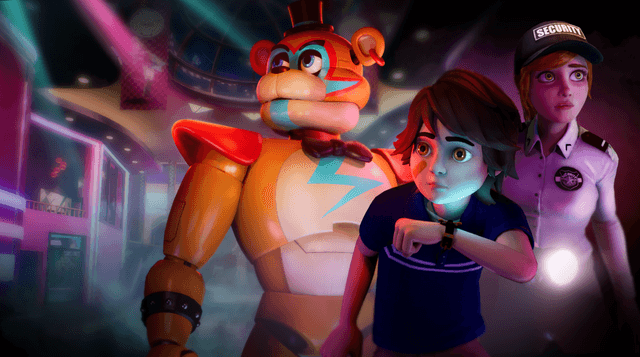
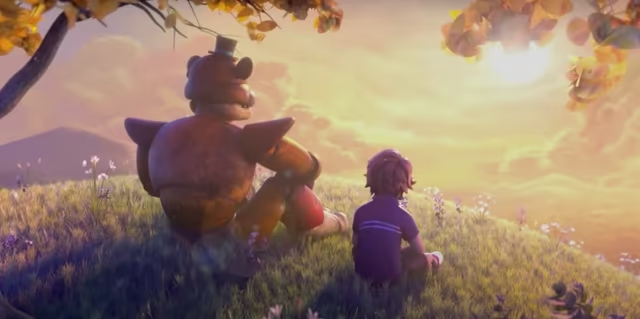
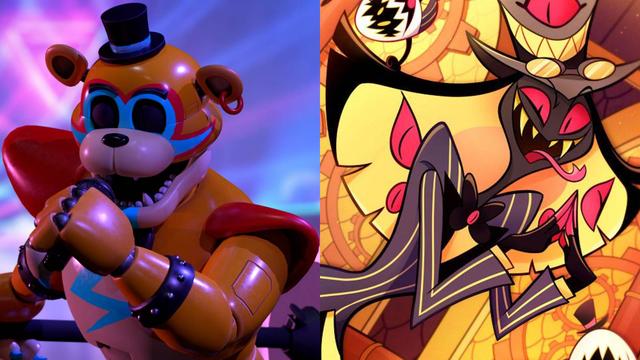

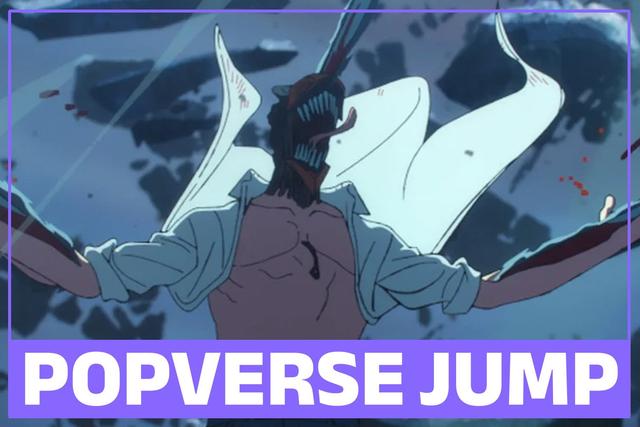
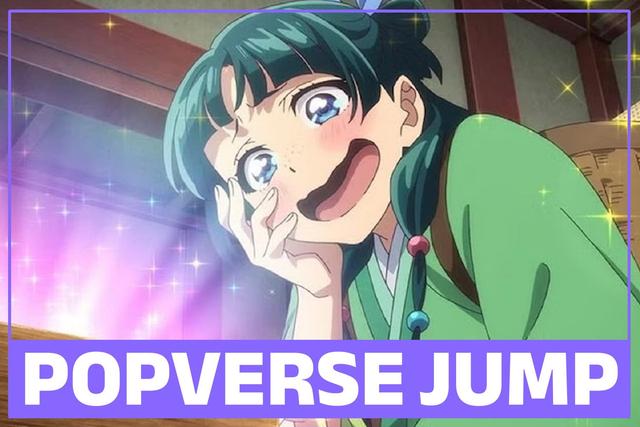






Comments
Want to join the discussion? Please activate your account first.
Visit Reedpop ID if you need to resend the confirmation email.